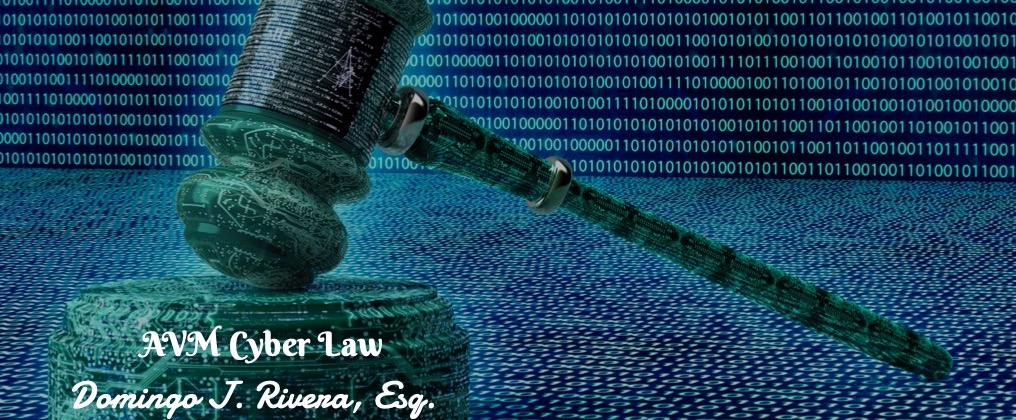Internet Privacy
Thu, May 20, 2010
Read in 2 minutes
Some courts have held that Your employer can lie to you about reading your emails… and then fire you for relying on these lies! Most employees probably know that the emails sent from their work email accounts are probably being monitored.

Internet Privacy
In the Internet age, the right to privacy has taken many twists and turns. Some states have enacted statutes criminalizing computer invasion of privacy.
In a worldwide market, how can the protections against the appropriation of name and likeness, online defamation, intrusion into seclusion, false light in the public eye, and public disclosure of private facts be preserved? In fact, can you comfortably say that as you read this page there is no spyware program which is lodged deep within your system tracking your every move? Internet privacy is a complex legal area and requires the knowledge that our Internet privacy attorneys can provide.
As an example, take email privacy at your place of employment:
Some courts have held that Your employer can lie to you about reading your emails… and then fire you for relying on these lies! Most employees probably know that the emails sent from their work email accounts are probably being monitored.
However, what if your employer repeatedly assures you that all e-mail communications would remain confidential and privileged? What if your employer tells you that e-mail communications could not be intercepted and used against you as grounds for termination or reprimand? Can your employer still intercept your emails, read them, and then fire you for the contents…? The answer may surprise you and make you realize that the assistance of an Internet Law attorney is paramount.
In Smyth v. Pillsbury Co., 914 F. Supp. 97 (1996), Pillsbury maintained a company e-mail system which the employees used to communicate among themselves. Mr. Smyth was an employee of Pillsbury. Pillsbury assured Mr. Smyth as well as the other employees that all e-mail communications would remain confidential and privileged and that the e-mail communications could not be intercepted and used against the employees as grounds for termination or reprimand. The U.S. District Court for the Eastern District of Pennsylvania surprisingly held that despite the assurances made by Pillsbury, its employees did not have a “reasonable expectation of privacy in e-mail communications voluntarily made by an employee to his supervisor over the company e-mail system.” The Court went on to hold that no “reasonable person would consider the … interception of these communications to be a substantial and highly offensive invasion of his privacy.”
The Pillsbury case, although decided under Pennsylvania law and dating back to 1996, has been cited with approval by courts in other states, including Massachusetts, Rhode Island, New York, Oregon, and Texas.